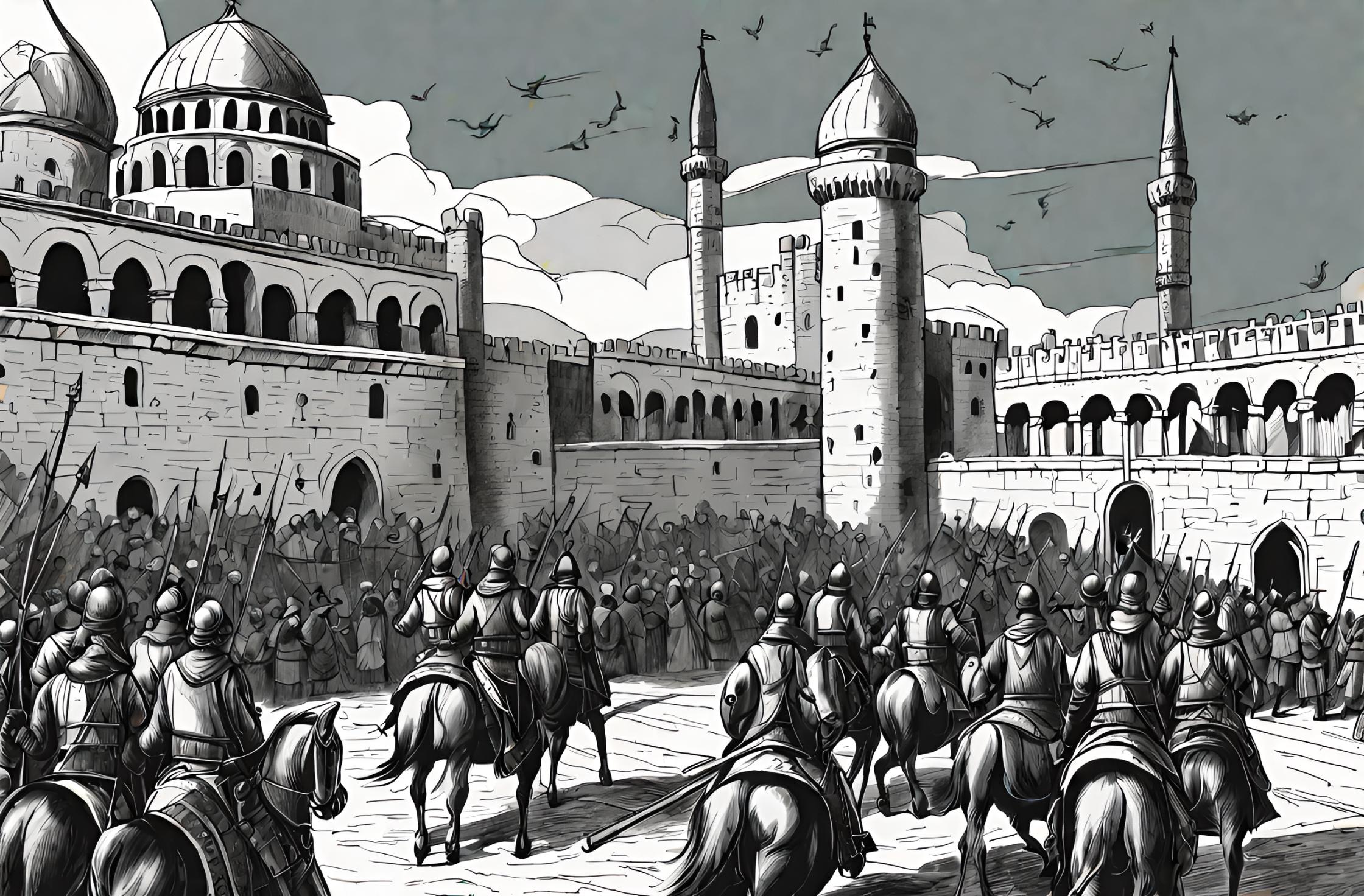Flashback to May 29
World History

Russia’s Duma (Parliament) Meets for the First Time on 5/10/1906
On May 10, 1906, an important event took place in the history of Russia. The Duma, the country’s first elected parliament, met for the very first time. This significant event marked a milestone in Russia’s political development and represented a step towards a more democratic system of governance.
The establishment of the Duma came as a result of the 1905 Russian Revolution, a period of social and political turmoil that had plunged the country into crisis. The revolution had demanded various reforms, including the establishment of a representative assembly to voice the concerns of the people and hold the government accountable.
The Duma was in many ways a significant achievement for Russia. It consisted of elected representatives from various social classes, including the nobility, the bourgeoisie, and the peasantry. This diverse composition aimed to ensure that a broad spectrum of voices and interests would be represented in the decision-making process.
However, it is important to temper our enthusiasm with a dose of reality. Despite its groundbreaking nature, the Duma had limited powers. Emperor Nicholas II retained significant control over the government and had the authority to dissolve the parliament at his discretion. This meant that the Duma’s ability to enact meaningful reforms or challenge the autocratic rule of the Tsar was severely limited.
Nonetheless, the first meeting of the Duma was heralded as a moment of optimism and hope for the Russian people. It provided a platform for representatives to address the pressing issues facing the country, such as land reform, workers’ rights, and political freedoms. Though the Duma’s powers were constrained, it became a forum for debate and discussion, allowing for the expression of diverse perspectives and the exchange of ideas.
One of the key debates during the inaugural session of the Duma was the issue of land reform. The agrarian question was a deeply divisive issue in Russia at the time, with peasants demanding access to land and fairer distribution of resources. The Duma served as a platform for discussions on potential reforms, with representatives advocating for changes to the land tenure system and the establishment of land committees to oversee the redistribution of land.
Another significant topic of discussion was workers’ rights. The early 20th century was a time of rapid industrialization in Russia, and the working conditions for many laborers were harsh and exploitative. The Duma provided an opportunity for workers’ representatives to voice their concerns and push for legislative changes to improve labor conditions, such as the enforcement of a maximum working day and the right to form trade unions.
Despite the limitations imposed on the Duma, its existence represented a shift towards a more participatory political system in Russia. The establishment of representative institutions was a crucial step towards the eventual dismantling of the autocratic regime and the realization of a more democratic society.
the first meeting of Russia’s Duma on May 10, 1906, marked a significant moment in the country’s history. It provided a platform for elected representatives to address the pressing issues facing the nation at the time. Although the Duma’s powers were restricted, it served as a symbol of progress and reform, representing a step towards a more democratic system of governance. The debates and discussions within the inaugural session laid the groundwork for future reforms and ultimately paved the way for the transformation of Russia’s political landscape.
We strive for accuracy. If you see something that doesn't look right, click here to contact us!
Sponsored Content

Siege of Constantinople
Experience the dramatic, game-changing…

French banker Jacques Coeurs…
French banker Jacques Coeur's…

Erich Honecker, President of…
On May 29, 1994,…

Mili Alexeyevich Balakirev Russian…
Mili Alexeyevich Balakirev, the…

Germans capture Ostend and…
On May 29, 1940,…

Austro-Hungarian agreement called Ausgleich…
On May 29, 1867,…

